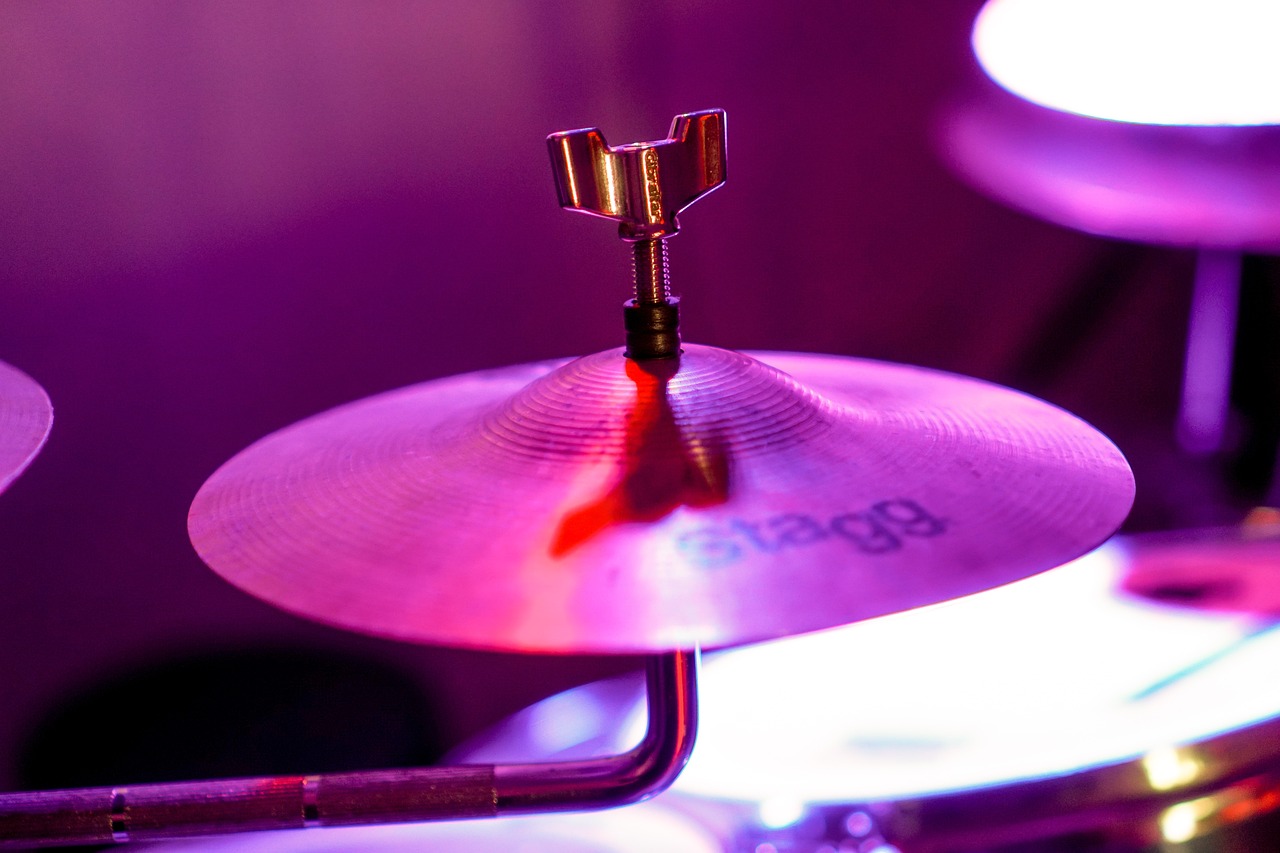Wearable Tech in Entertainment
Wearable technology has revolutionized the entertainment industry by providing users with immersive and interactive experiences. These devices offer a hands-free approach to enjoying various forms of entertainment, allowing individuals to seamlessly engage with content without any disruptions. From smart glasses to fitness trackers and virtual reality headsets, wearable tech enhances the overall entertainment experience by offering convenience and comfort to consumers.
Moreover, wearable tech enables personalized content delivery, catering to the individual preferences and interests of users. By collecting data on user behavior and preferences, these devices can recommend tailored entertainment options, making the experience more enjoyable and engaging. This level of customization not only enhances user satisfaction but also helps content creators and providers in optimizing their offerings to better suit the needs of their target audience.
Impact of Wearable Tech on Gaming Industry
However, the integration of wearable technology in the gaming industry has revolutionized the way players interact with their favorite games. From virtual reality headsets to motion-sensing devices, these advancements have enhanced the overall gaming experience by providing more immersive and interactive gameplay.
Moreover, wearable tech has also made gaming more accessible to a wider audience, breaking down barriers for individuals with physical disabilities. Devices such as adaptive controllers and eye-tracking sensors allow players to engage in gaming activities in ways that were previously not possible, promoting inclusivity and diversity within the gaming community.
The Role of Wearable Tech in Live Events
Wearable technology has become an integral part of live events, revolutionizing the way attendees engage with the experience. From smart wristbands that provide personalized content to interactive clothing that reacts to the music, wearable tech enhances the overall atmosphere and immersion of live events. By incorporating sensors and connectivity, event organizers can track crowd behavior, gather valuable data for future planning, and create unique interactions between the audience and the performers.
Moreover, wearable tech opens up new possibilities for enhancing security measures at live events. With features like RFID technology and biometric sensors, event organizers can streamline the check-in process, monitor crowd flow, and ensure the safety of attendees. This advanced technology not only improves the overall efficiency of live events but also provides a sense of reassurance to both guests and organizers.
• Wearable technology enhances the overall atmosphere and immersion of live events
• Smart wristbands provide personalized content for attendees
• Interactive clothing reacts to the music, creating unique interactions between audience and performers
• Sensors and connectivity allow event organizers to track crowd behavior and gather valuable data for future planning
• Wearable tech opens up new possibilities for enhancing security measures at live events
• Features like RFID technology streamline check-in process and monitor crowd flow
• Biometric sensors ensure safety of attendees
• Advanced technology improves efficiency of live events and provides reassurance to guests and organizers
How can wearable tech enhance the live event experience?
Wearable tech can provide interactive experiences, personalized content, and real-time feedback for attendees, making events more engaging and immersive.
What are some examples of wearable tech being used in live events?
Examples include smart wristbands for cashless transactions and access control, AR glasses for enhanced visuals and information, and biometric sensors for monitoring audience engagement.
Will wearable tech in live events replace traditional forms of entertainment?
Wearable tech is meant to enhance, not replace, traditional forms of entertainment. It offers new opportunities for engagement and interactivity, but cannot fully replicate the live event experience.
How does wearable tech impact data collection and analysis in live events?
Wearable tech allows event organizers to collect valuable data on attendee behavior, preferences, and engagement levels. This data can be used to improve future events and tailor experiences to specific audience segments.
Are there any privacy concerns associated with wearable tech in live events?
Privacy concerns can arise with the collection of personal data through wearable tech. It is important for event organizers to be transparent about data collection practices and ensure that attendees have control over their information.







